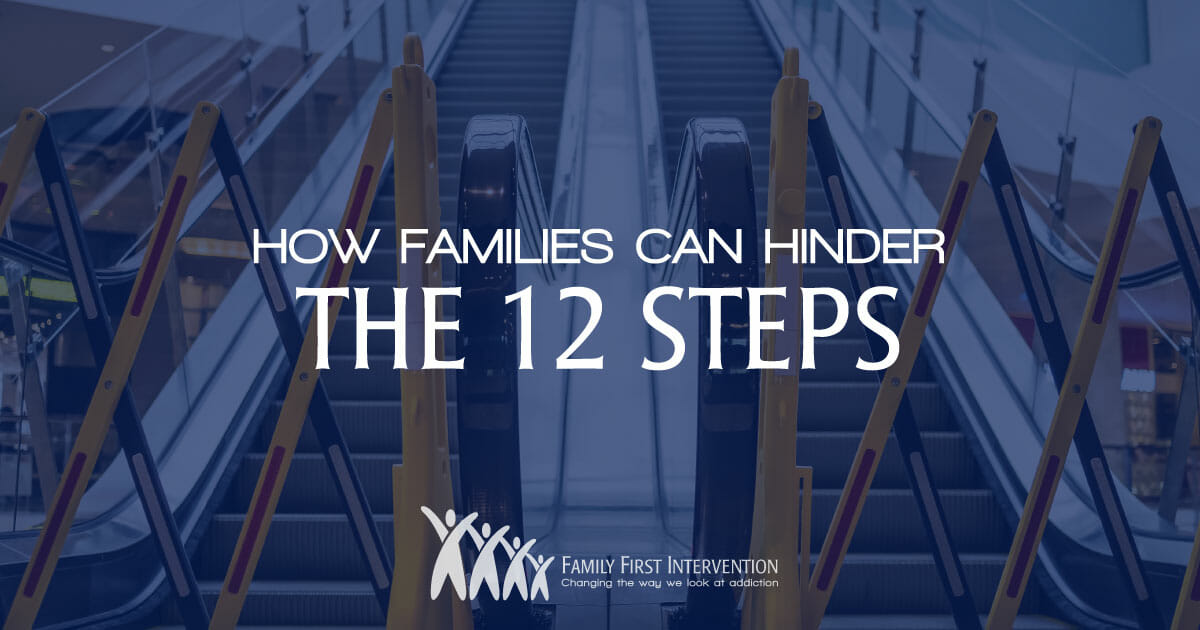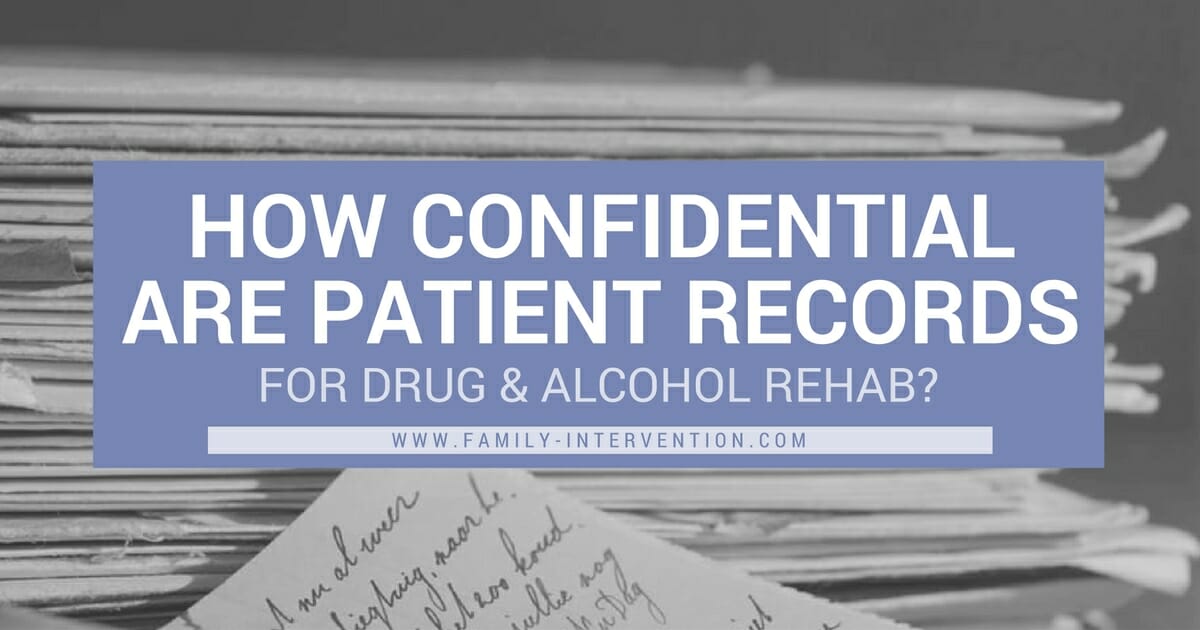Search by category, archive or keyword

Over the decades, treatment facilities have introduced and attempted numerous solutions for drug abuse. Some are successful, while others either do nothing or cause more issues for the person trying to overcome their addiction. Medication Assisted Treatment (MAT) is one of the potential solutions that are popular across the United States. However, there is a lot of controversy surrounding the treatment.
In this blog, we’ll be looking at the following:
- What Is Medication Assisted Treatment?
- Long-term opioid replacement
- Methadone and Suboxone clinics
- Dangers of methadone and Suboxone clinics
- Arguments in support of methadone and Suboxone clinics
- The truth about MAT and methadone and Suboxone clinics
- The best way to overcome addiction
What Is Medication Assisted Treatment?
Medication Assisted Treatment (MAT) is the use of medication to treat someone struggling with addiction. People going through MAT use a combination of medication, behavior counseling, and therapy to try and overcome their addictions.
There are just three medications currently approved by the Food and Drug Administration (FDA) for MAT: Methadone, naltrexone, and buprenorphine. Government specialists have determined that these three are the safest options for treatment. However, methadone and buprenorphine are addictive, leaving many people skeptical about their use in treatment.
Methadone
Methadone is a synthetic opioid that has been used to treat addiction for decades. It helps prevent harmful withdrawal symptoms and cravings for unsafe opioids. Many researchers feel more confident about methadone because it has been heavily tested, and its effects are well known.

Methadone detox generally lasts for a long time and on a strict schedule. The known side effects are significantly less serious than other drugs, including constipation, weight gain, and sexual dysfunction. However, there are major problems in that it is still possible to use other opioids while taking methadone. This makes it more difficult for people struggling with addiction to recover.
Suboxone
Suboxone is a combination of buprenorphine and naloxone. It is newer than methadone, so the information surrounding it is not as extensive. Similar to methadone, it suppresses the physical and emotional pain that accompanies withdrawal. Some of the side effects include: dizziness, headaches, depression, nausea, fatigue, and decreased sex drive.
One of the major advantages of Suboxone is that it cannot be used to achieve a full opioid effect.
This quality makes it less likely to be abused than methadone while going through treatment.
Long-Term Opioid Replacement
Fewer than 5% of all people suffering from opioid addiction are qualified for long-term opioid addiction treatment plans in the form of MAT, which utilizes methadone and Suboxone to suppress symptoms.
Medical professionals suggest only taking the medications until they are no longer necessary, not on a long-term plan. The long-term replacement may be the best option for people dealing with chronic pain or whose chance of relapse is so high that it is life-threatening. Even though the risk of developing an addiction is high, treating pain or saving a life is often the priority.
Methadone and Suboxone Clinics
There are hundreds of methadone and Suboxone clinics across the country. Many people turn to these clinics, thinking they are a safer, more reliable option for treatment and that they reduce their chance of suffering a relapse. There are both people in support of and adamantly against methadone and Suboxone clinics. The controversy is a common debate throughout the medical community.
Dangers of Methadone and Suboxone Clinics
There are many reasons why people are skeptical of methadone and Suboxone clinics. The first is that both methadone and Suboxone are themselves addictive, though Suboxone to a lesser degree. This means there has to be a plan for getting off methadone or getting off Suboxone.

The second concern is how quickly some clinics decide to put a patient on a long-term opioid maintenance plan. These clinics do not thoroughly assess a patient. It is important to determine how severe their issue is, look at general physical characteristics that could have an impact, and then take the time to think through what treatment plan would be best.
Some clinics immediately turn to long-term opioid maintenance therapy plans. Especially careless clinics will put patients on dangerously high dosages. In this way, unethical clinics assure patients will be dependent on them for a long time.
Arguments In Support of Methadone and Suboxone Clinics
There are people who believe that methadone and Suboxone clinics are the ideal option for treatment. Many of the effects of the most harmful opioids are so severe that it is dangerous for people to quit them quickly.
The withdrawal symptoms can be serious enough to cause organs to shut down, a potentially fatal occurrence. Perhaps the strongest argument in favor of these clinics is that they provide some support for those who can’t see themselves undergoing a thorough detox program.
The Truth About MAT and Methadone and Suboxone Clinics
So the answer is that methadone and Suboxone clinics work for some people some of the time.
By work, we mean stabilizing an addiction and providing long-term pain relief. As an answer to weaning oneself off addictive drugs, they are far from the best choice.
Since they aren’t equipped to do a thorough individual assessment, many of them will recommend long-term opioid maintenance treatment. They also lead to the problem of getting off methadone or Suboxone after treatment.
The Best Way to Overcome Addiction
If you want to overcome your addiction to opioids, there is a safe way. Instead of becoming hooked on another opioid for a long period of time, use a taper schedule. Slowly wean off the drug. This will reduce the severity of your withdrawal symptoms, along with the chances that you will develop an addiction to another opioid.

It takes work and time, but eventually, you will be able to be free from drugs altogether, a much safer and preferable option for the vast majority of people struggling with opioid addictions.
Developing A Treatment Plan with Family First Intervention
Family First Intervention has expert interventionists who will travel to you and help your family approach a loved one struggling with addiction. Our strategy ensures safety for all and focuses on helping the whole family recover along with the person trying to overcome their addiction.
We have a series of steps in our program that help guide your family and the one struggling through the recovery process. Our experts offer case management services to counsel your family throughout recovery. From intervention to aftercare, Family First Intervention will take care of your family.
If you have a loved one struggling with opioid addiction, the first step is getting a family assessment. Call Family First Intervention to set up an assessment and create a long-term opioid addiction treatment plan.
An intervention is not about how to control the substance user; it is about how to let go of believing you can.
“The most formidable challenge we professionals face is families not accepting our suggested solutions. Rather, they only hear us challenging theirs. Interventions are as much about families letting go of old ideas as they are about being open to new ones. Before a family can do something about the problem, they must stop allowing the problem to persist. These same thoughts and principles apply to your loved one in need of help.”
Mike Loverde, MHS, CIP



